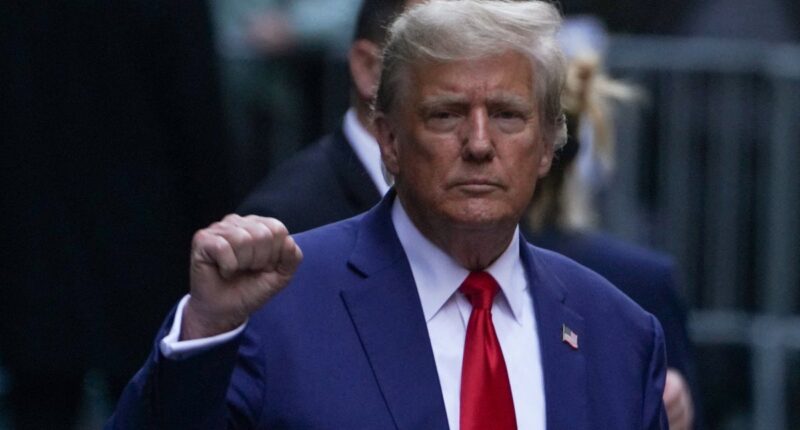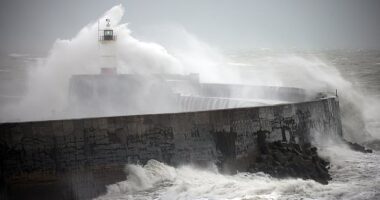A state appeals court in New York has thrown out a multi-million dollar fraud penalty against Donald Trump and his associates, handing the president a significant financial victory in a lawsuit alleging massive fraud in his family business.
Last year, a verdict in Manhattan found that Trump and his co-defendants in his Trump Organization empire had illegally enriched themselves by defrauding banks and investors as part of a decade-long scheme to secure favorable financing terms for some of his brand-building properties.
An appeals court decision on Thursday determined that the financial verdict from New York Justice Arthur Engoron — which has ballooned to more than $515 million, with growing interest — was “excessive.”
But the ruling only applies to the financial penalties. The court upheld Engoron’s findings that the president and his business partners committed brazen fraud — falling short of the vindication that the president sought through the courts to save him.
Last year’s verdict followed a three-year investigation and lawsuit under New York Attorney General Letitia James, who accused Trump and his associates of fraudulently convincing banks and lenders to give them favorable financing terms based on bogus and inflated financial statements.
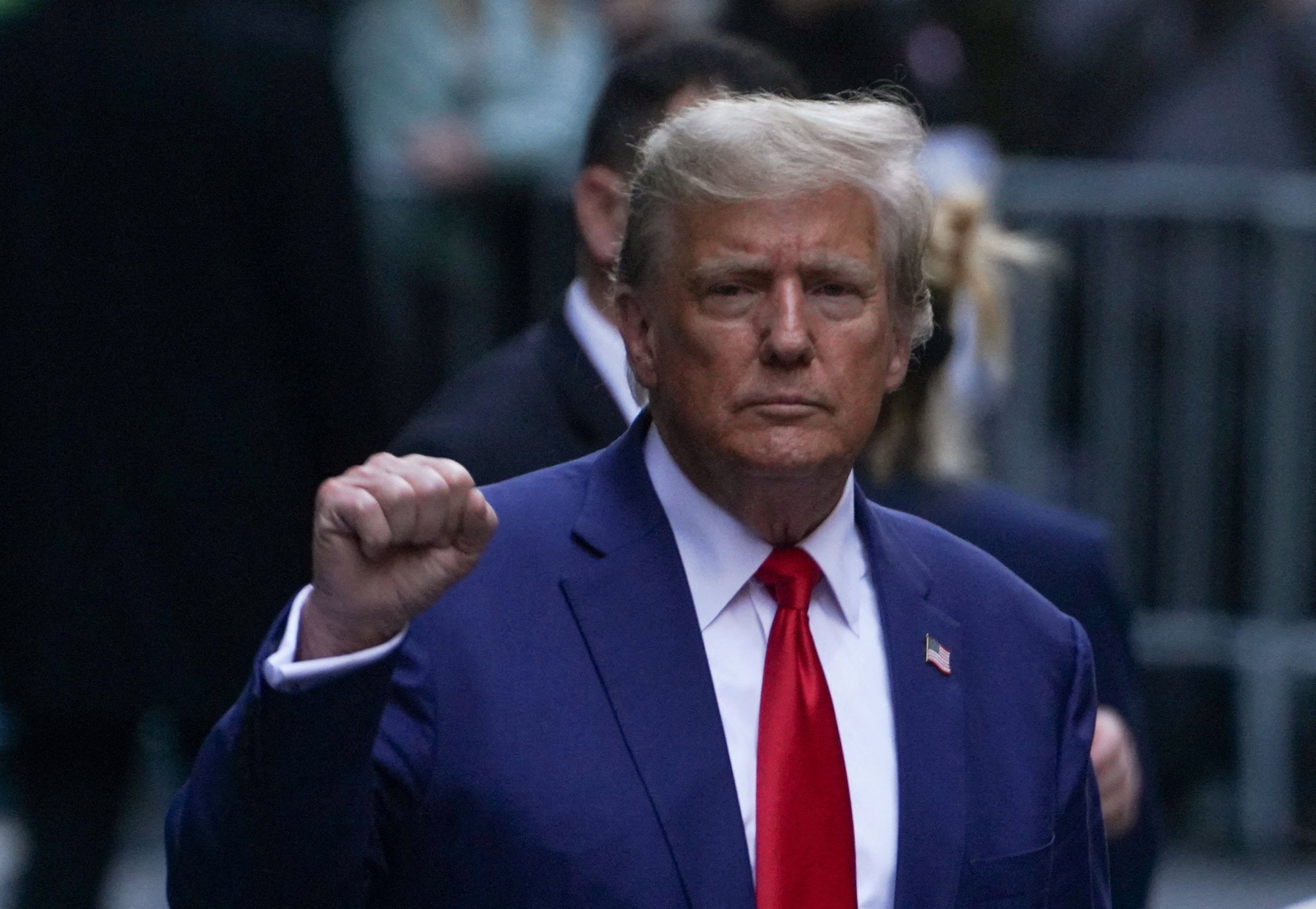
After a bench trial in civil court, Trump, his companies and trust were ordered to pay the state more than $354 million. The total “disgorgement” owed back to the state among all the defendants — money that is effectively forfeited as “ill-gotten gains” — continued to grow with interest after Trump’s appeal.
On Thursday, a panel of five judges in New York’s mid-level Appellate Division said the judgment is unconstitutional.
“While harm certainly occurred, it was not the cataclysmic harm that can justify a nearly half billion-dollar award to the state,” wrote appellate Judge Peter Moulton in a lengthy, convoluted ruling that spans more than 300 pages.
Engoron’s ruling “is well crafted to curb defendants’ business culture” but “the court’s disgorgement order, which directs that defendants pay nearly half a billion dollars to the State of New York, is an excessive fine that violates the Eighth Amendment of the United States Constitution,” judges added.
The case is now expected to be appealed to the state’s highest court, where Trump is likely to continue challenging the fraud ruling against him as James continues to seek financial penalties for what she has called Trump’s “illegal profit.”
The Independent has requested comment from James’s office.
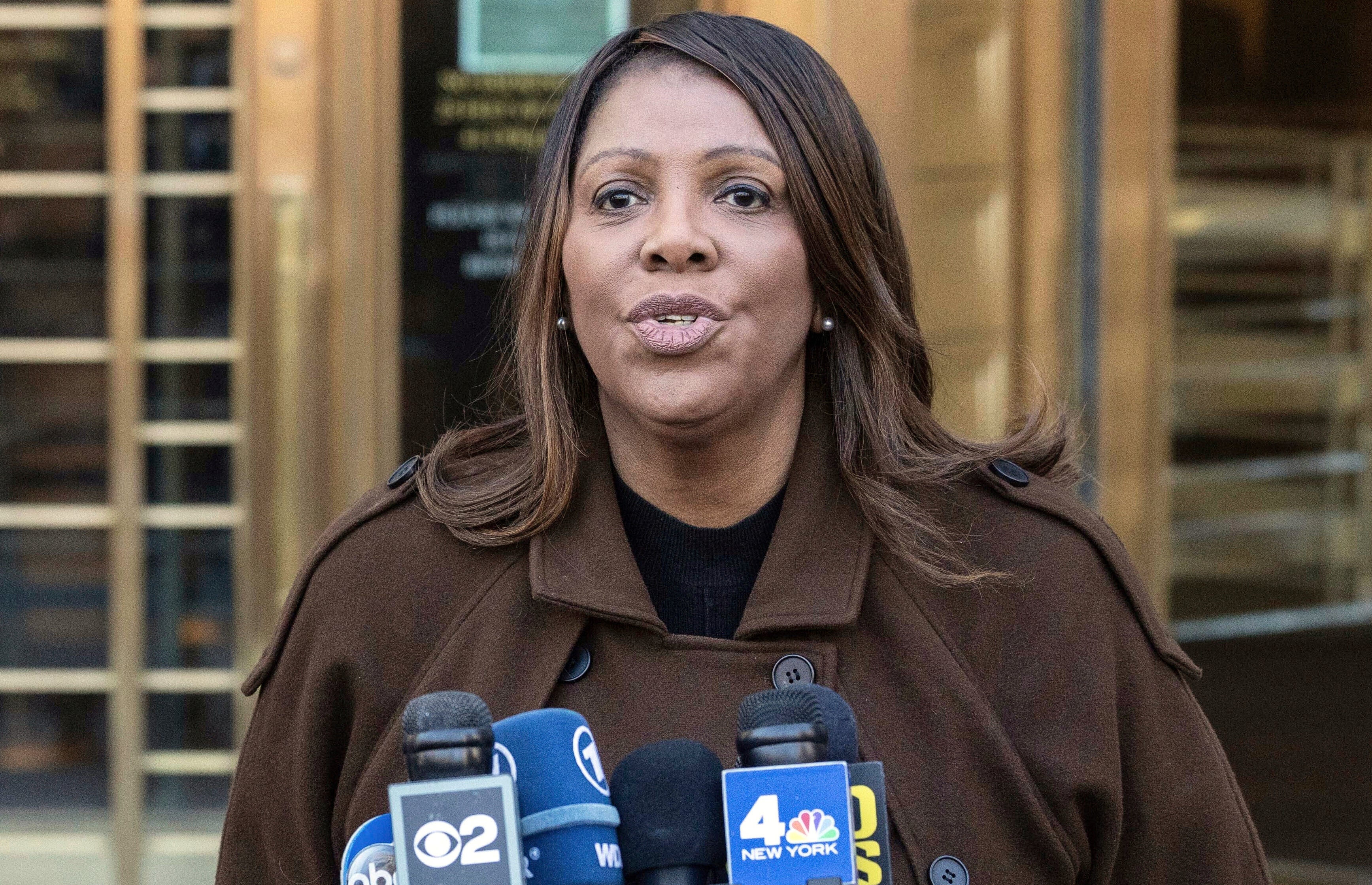
Engoron’s ruling had pierced the heart of a decades-old narrative Trump has used to both boost his national profile and attract investments into his real estate and branding enterprise.
Trump’s successful appeal marks a rare financial win for the president, who has called the judgement a “fraud on me” and has since deployed the Department of Justice to investigate James into whether she violated his civil rights.
Engoron’s order also barred the president from holding any executive office with a New York company and from getting loans from New York banks for three years, while his adult sons are barred from executive offices with any New York company for two years.
Former executives Allen Weisselberg and Jeffrey McConney were also permanently barred from financially controlling any New York businesses, and faced a three-year ban from serving as an officer or director of any New York business.
Those sanctions are frozen, for now, while Trump appeals.
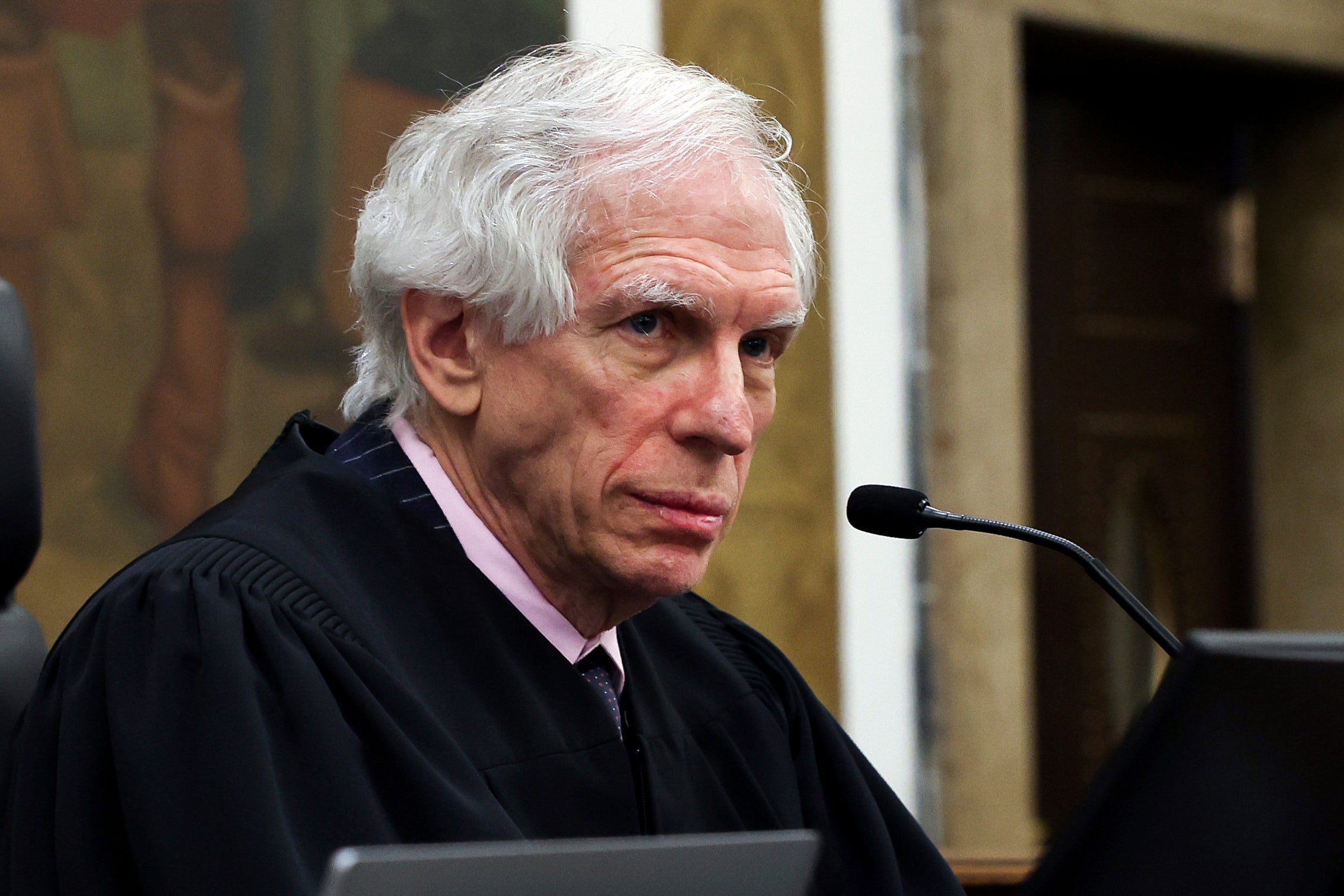
In his ruling, Engoron pointed to the defendants’ lack of credibility on the witness stand, their failed strategy to “blame the accountants” for the false financial statements and valuations at the center of the case, and the “evidence of deceit” used to come up with the inflated figures under scrutiny.
He pointed to a history of malfeasance within the Trump Organization, followed by the findings in the sprawling fraud case, to determine that Trump and his co-defendants are “likely to continue their fraudulent ways” without a significant judgment against them.
“Their complete lack of contrition and remorse borders on pathological,” he wrote in a 92-page order.
“They are accused only of inflating asset values to make more money. The documents prove this over and over again. This is a venial sin, not a mortal sin,” he added. “Defendants did not commit murder or arson. They did not rob a bank at gunpoint. Donald Trump is not Bernard Madoff. Yet, defendants are incapable of admitting the error of their ways.”
